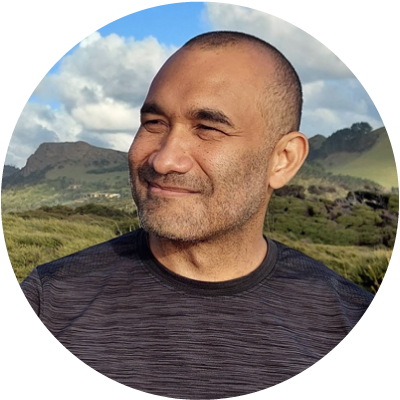Sharing
unique experiences
SPEAKERS / PANELISTS
EVENT 02 | Diversity of Tenure and Technology | June 1-2, 2021
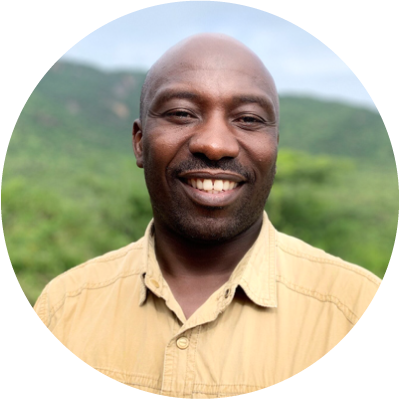
Dominique Bikaba
Dominique is a founding member and Executive Director of Strong Roots Congo, a conservation and sustainable development NGO based in Democratic Republic of Congo (Strong Roots Congo is a Member of the ICCA Consortium). For twenty years, Dominique has worked to design and oversee conservation and sustainable development initiatives that aim to balance the needs of humans with those of forests and wildlife. A primary goal in his work is to integrate the knowledge of local communities and indigenous peoples into effectively conserved areas (whether officially protected or not). National and international organizations within and outside of the DRC have enlisted Dominique’s professional experience as an independent consultant. Dominique has written and co-authored articles, chapters, and teaching materials on topics related to the relationship between local communities and indigenous peoples and conserved areas, the preservation of great apes, and natural resources governance and management in general.
Nantu Canelos
Nantu is the local coordinator of Kara Solar, an electric river transportation system in the Ecuadorian Amazon that is powered by solar energy. Born and raised in Achuar territory, Ecuador, he is the eldest of 11 brothers and sisters. He is 33 years old and is father to four children. He earned his degree as an Environmental Engineer from the Amazonian State University. He joined Kara Solar in 2017. Nantu is member of Sharamentsa, an Achuar community known for innovative projects in sectors such as ecotourism and sustainable agriculture.
Nantu’s vision for his territory is that the forests remain intact and that the Achuar people provide an alternative to the consumerism and extractivism that are accelerating throughout the Amazon. He aspires for his kids to get good educations and learn to discern the actions that humans can take to contribute the conservation of the environment, using existing technologies to rationally take advantage of renewable energies, to the benefit of the future generations around the world.
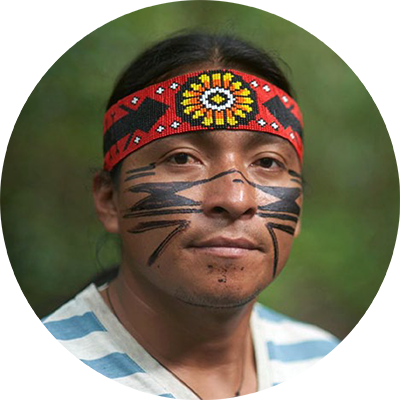

Arthur B. Cassell III
Avijit Chatterjee
As an aspiring athlete suddenly finding the chase of social change a worthier cause, Avijit chose to study within the field of Commerce, eventually gravitating towards land rights movements. Chatterjee spent his time traveling post-graduation from east to the extreme north west of India, learning about forests–their histories and people–when he decided to become an activist with the charge of taking forward the rights of the forest dependent communities of India, an issue on which he has now worked about a decade.
Avijit continues this work at the Bharti Institute of Public Policy @ISB, where under the mentorship of renowned academic and Executive Director of BIPP, Prof. Ashwini Chhatre, he has learned to look beyond the realms of binaries which affects an activist’s vision and is able to delve deeper and wider into the issue of true empowerment in which digital skill adoption and deployment by communities are a key area of interest and intervention, livelihood augmentation, secured tenure, and unhindered rights of stewardship over their traditionally accessed forest terrains. Avijit currently is engaged as Project Specialist in BIPP/ISB’s Community Resource Rights–Claim filing and Titling Project since 2018 and looks forward to another two years of work in the Phase 2 of the Project.
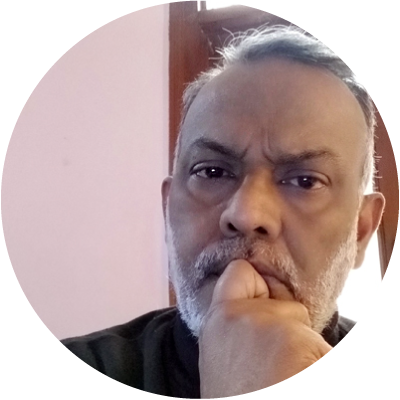
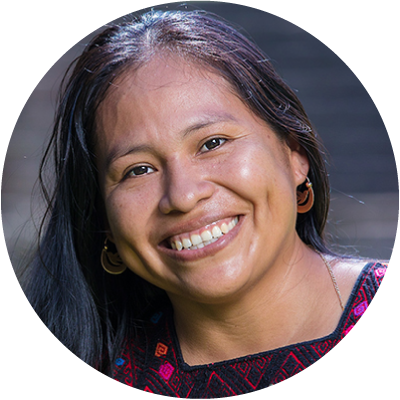
Cristina Coc
Cristina is a leader of the Maya community in southern Belize. She has served as co-spokesperson for the Maya Leadership Alliance and is the founder and executive director of the advocacy organization, the Julian Cho Society. In 2015, she and the MLA were awarded the Equator Prize for their efforts in protecting indigenous rights.
Emily Jacobi
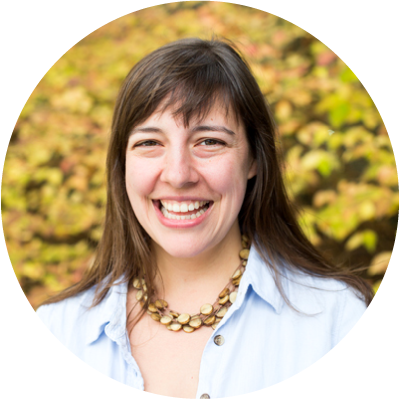
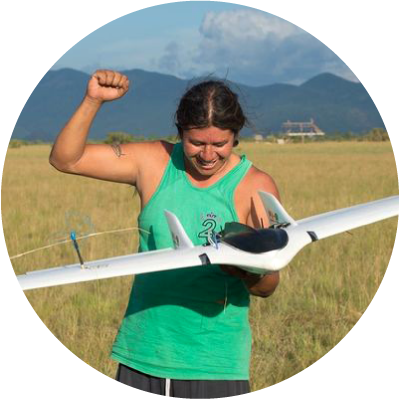
Ron James
Ron James is an advocate for land rights and environmental protection in his home region of Rupununi, a part of the Wapichan territory in Guyana. He has held several impactful leadership positions. He previously was elected and served as a Chief for his home village in Wapichan. He now resides in Georgetown, Guyana and works for the Amerindian Peoples Association (APA). He was previously a member of the Executive Board for the APA. APA is a non-governmental organization that seeks to promote and defend the rights of Indigenous Peoples of Guyana. He has also worked as a mapping technician for the South Rupununi District Council (SRDC), the legal representative body for 21 villages in the South Rupununi. In that role, he provided technical support for the monitoring programs run by the SRDC and the Upper Mazaruni District Council. For several years, both District Councils have been monitoring violations of their land rights – especially environmental degradation and illegal mining – using custom made questionnaires on smart phones to capture data which is used for advocacy purposes. Ron also recently coordinated the extension of these programs to include monitoring the adverse impacts of mining on water in the Upper Mazaruni region and Wapichan territory in Guyana. Ron is frequently quoted in press and invited to speak on behalf of Indigenous people in Guyana.
Shamil Khedgikar
Shamil is currently leading the Technology vertical for the Forest Governance Initiative at ISB funded by the Tenure Facility. Through this project, Shamil is interested in deploying innovative and scalable digital technology solutions that would enable communities to receive forest right titles and help them augment market linkages for livelihoods in collection of Non-Timber Forest Produce.
An urban planner by training, Shamil has previously held research appointments at the Wharton School of Business, University of Pennsylvania, and Cornell University, where he pursued his graduate studies at the Department of City and Regional Planning, specializing in Economic Development of Communities and Regions.
Shamil also holds a Bachelor’s degree in Physical Planning from the School of Planning and Architecture Delhi. Shamil is passionate about data accessibility, intermediate technology infrastructure, and creating innovative technologies for marginalized communities across the world.
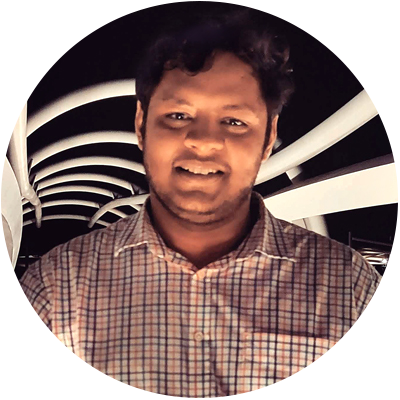
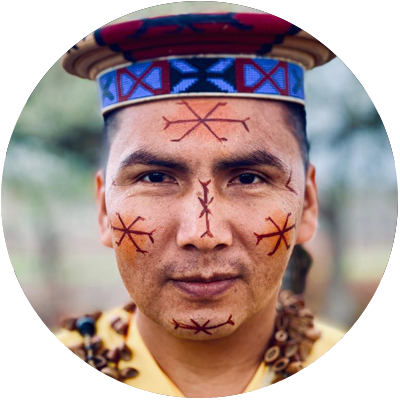
Hernán Payaguaje
Hernán Holger Payaguaje, Siekopai (Secoya), grew up with his mother Graciela and his grandfather Delfin Payaguaje with whom he learned life, culture, knowledge, and traditional practices of the Siekopai.
Payaguaje’s primary study was at the “Ciudad de Otavalo” school in the San Pablo de Katesiaya community. He completed his baccalaureate at the Río Aguarico Intercultural Bilingual School and from a very young age was involved in the organizational processes of the community and the organization of the Siekopai Nationality.
Hernán became involved in work focused on the conservation of the environment and culture in different spaces, and completed a degree in Management for Sustainable Local Development of the Salesian Polytechnic University of Quito. This opportunity to grow together with the Siekopai people, and to learn western knowledge through university added with the training received from his deceased mother, allowed him to be a leader who fights to defend the rights of indigenous peoples and defend the rights to life.
Since the creation of the Alianza Ceibo, which includes the Siekopai, Siona, A’i Kofan and Waorani nationalities, Hernán has been in charge of the board of directors as Secretary, Executive Board and currently as General Coordinator.
Fred Pearce
Pearce also writes regularly for the Yale e360 environment web site in the US, and the Guardian and other newspapers in the UK, as well as irregularly for many other outlets, including BBC Wildlife magazine, the Ecologist, and the Washington Post.
Pearce’s most recent book is The New Wild: Why Invasive Species Will Be Nature’s Salvation, listed as one of the “Books of the Year” by The Economist. His other books include: The Land Grabbers, Confessions of an Eco Sinner and When the Rivers Run Dry, which was listed among the all-time Top 50 Sustainability Books by the University of Cambridge’s Programme for Sustainable Leadership.
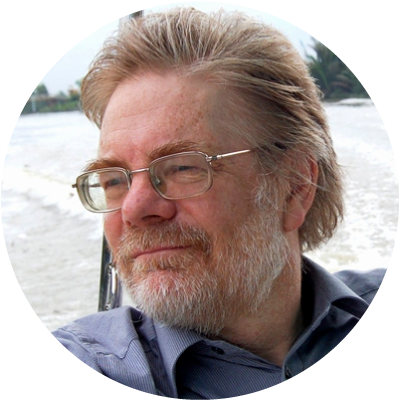
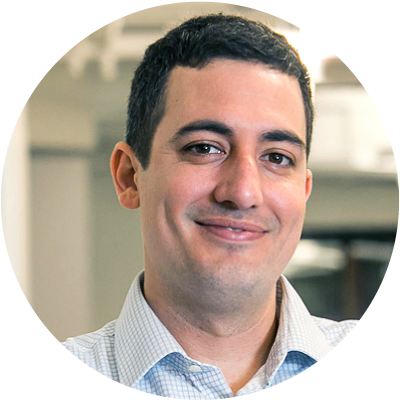
Frank Pichel
Paul Roughan
